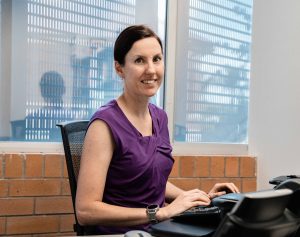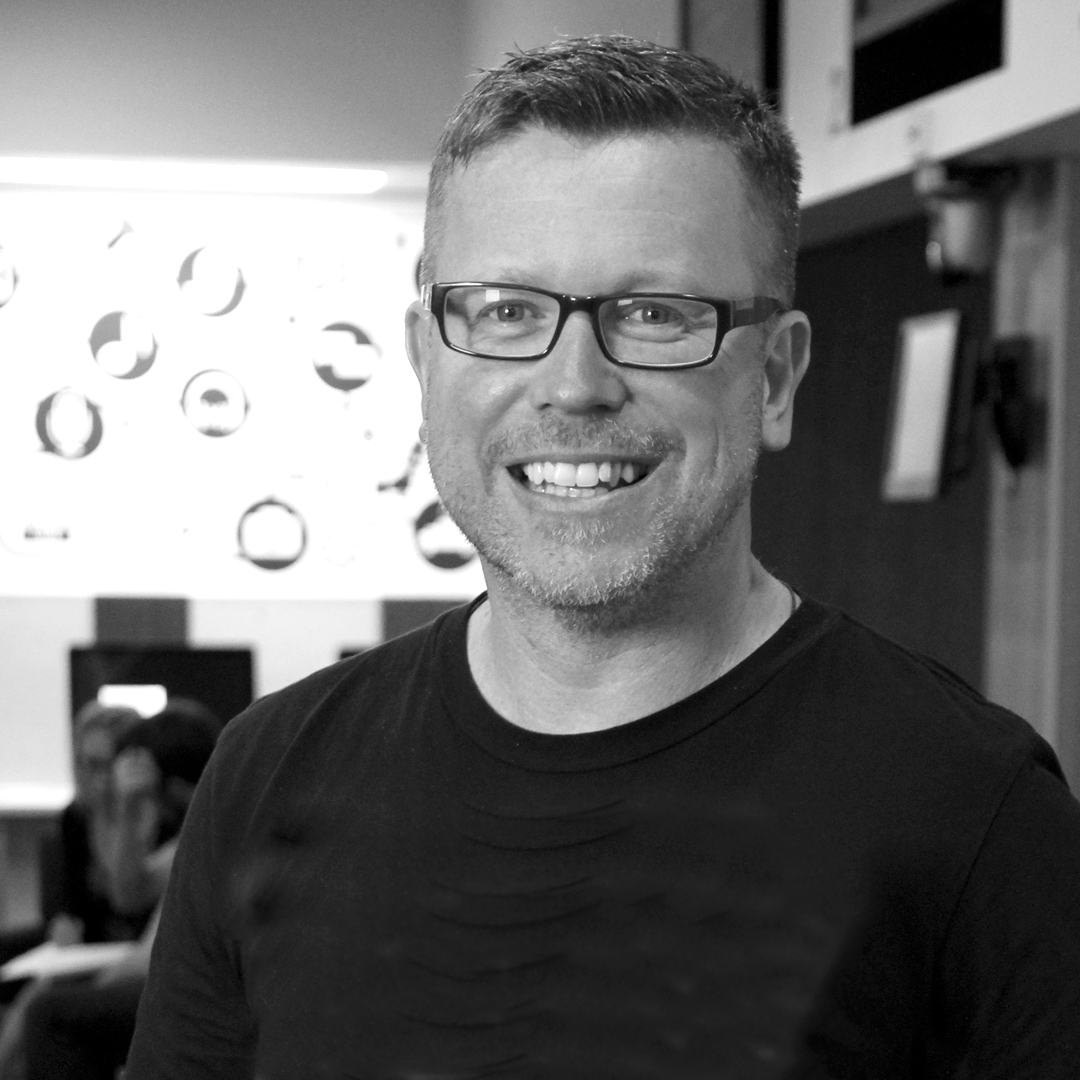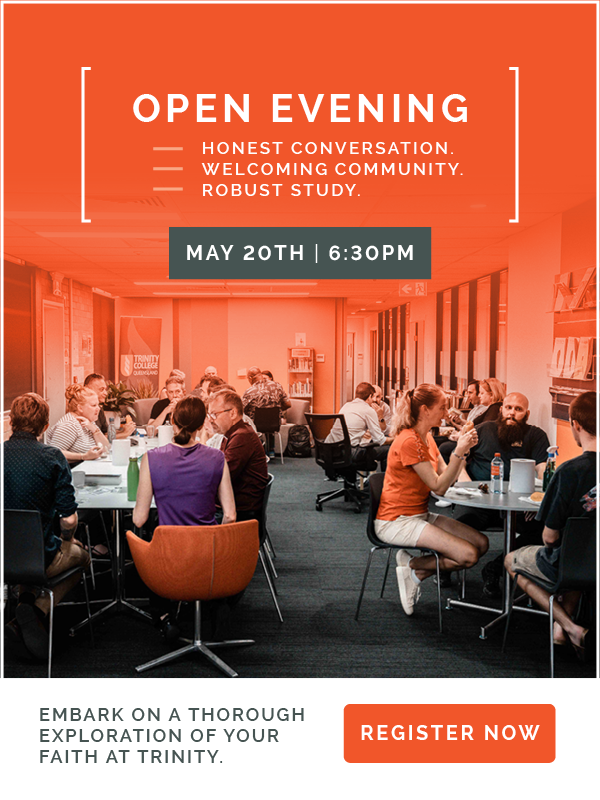Dr Victoria Lorrimar
Lecturer of Systematic Theology

I’m originally from Perth and arrived in Brisbane in July 2018. My academic journey started out in the sciences, with an undergraduate degree in genetics and biochemistry, but my interests have always been pretty broad. After a little time in the lab, I realised that the bigger questions I really wanted to spend my time thinking about could be better explored as a theologian.
I completed a Master of Divinity through the Australian College of Theology, while working first in the Western Australian Government in science and innovation, and then later in private neurodegenerative disorders research. This immersion in scientific and policy environments brought home to me how much theology and the wider humanities have to offer when it comes to shaping public understanding and ethical reflection.
I wanted to bring these interests together, and was given the opportunity to do so by undertaking a PhD in theology and science at the University of Oxford. My research considered how a theological understanding of what it means to be human can engage the prospect of technologies that promise to enhance human characteristics and abilities. I’m especially interested in how human imagination and creativity are understood in this context.
I love theology because it is so expansive – anything you might be interested in can be explored from a theological perspective. More than ever the church needs members with a well-informed, generous and resilient faith, and my passion is to help students wrestle with scripture, doctrine, ethics and historical and contemporary interpretations as they come to their own understanding.
Publications
Monographs
Human Technological Enhancement and Theological Anthropology (Cambridge University Press, 2022).
Peer-reviewed articles
“Does an Inkling Belong in Science and Religion? Human Consciousness, Epistemology and the Imagination”, Zygon: Journal of Religion and Science 57(1), 2022: 244-266. { “Science and Religion: Moving Beyond the Credibility Strategy”, Zygon: Journal of Religion and Science 55(3), 2020: 812-823.
“Mind-Uploading and Embodied Cognition: A Theological Response” Zygon: Journal of Religion and Science 54(1), 2019: 191-206.
“Creatures Bound for Glory: Biotechnological Enhancement and Visions of Human Flourish ing” (co-authored with Michael Burdett), Studies in Christian Ethics 32(2), 2019: 241-253. { “Human Flourishing, Joy, and the Prospect of Radical Life Extension”, The Expository Times 129 (12), 2018: 554-561.
1/7
“The Scientific Character of the Created Co-Creator”, Zygon: Journal of Religion and Science 52 (3), 2017: 726-746.
“Are Scientific Research Programmes Applicable to Theology? On Philip Hefner’s Use of Lakatos”, Theology and Science 15 (2), 2017: 188-202.
“Church and Christ in the Work of Stanley Hauerwas”, Ecclesiology 11, 2015: 306-326. Book chapters
“Human Technological Enhancement and Transhumanism” (co-authored with Michael Bur dett) in The Oxford Handbook of Theological Anthropology, ed. Jens Zimmermann, Michael Burdett and Ashley Moyse (Oxford University Press, forthcoming 2022).
“Science and Religion Themes in Philip Pullman’s His Dark Materials and The Book of Dust: Sin and Evolution, Panpsychism, and the Dangers of ‘Single Vision”’ in Science and Religion in Western Literature: Critical and Theological Studies ed. Michael Fuller (Routledge, forthcoming 2022).
“Imagining Human Futures: Co-Creation and Technological Enhancement” in Emerging Voices in Science and Religion, ed. A. McGrath and B. Sollereder (Routledge, forthcoming 2022).
“The Future of Humanity” in The Robot Will See You Now: Artificial Intelligence and the Christian Faith, ed. John Wyatt and Stephen N. Williams (London: SPCK, 2021). { “Human Technological Enhancement and Christian Perfection” in Wesleyan Perspectives on Human Flourishing, ed. Rob Fringer and Glen O’Brien (Eugene, OR: Pickwick Publications, 2021).
“Stanley Hauerwas: Witnessing Communities of Character” in Generous Orthodoxies: The History and Future of Ecumenical Theology, ed. P. Peterson (Eugene, OR: Pickwick Publications, 2020).
“Human Uniqueness and Technology: Are We Co-Creators with God?” in Issues in Science and Theology: Are We Special?, eds. M. Fuller, D. Evers, A. Runehov and K. Saether (New York, NY: Springer, 2017).
Edited works
Guest editor (with Michael Burdett), Theology and Science, special issue on “Biotechnological Enhancement and the imago Dei” (including editorial), 16(3), 2018:247-250. { Guest editor (with Michael Burdett), Studies in Christian Ethics, special issue on “Theological Reflections on Human Biotechnological Enhancement” (including editorial), 32(2), 2019: 149-151.
Other publications/media
Introduction to Theology, Trinity on Tap, 21 episodes
Guest interview, “Eschatology and the Future of Humanity”, Quo Vadis Institute, 2021
Panelist on “Do You Really Want to Live Forever?”, God Forbid, ABC Radio National, 23 May 2021
“What Hope? Dreams of Immortality in a Time of Pandemic”, ABC Religion and Ethics, 15 April 2020
Panelist on “How Do We Know What We Know?”, God Forbid, ABC Radio National, 26 January 2020
Panelist on “Artificial Intelligence: Activating Humanity’s God Mode”, God Forbid, ABC Radio National, 20 July 2018
“How Bladerunner 2049 Prepares Us to Welcome Robots for Real” (with Michael Burdett), The Conversation (UK), 6 October 2017








